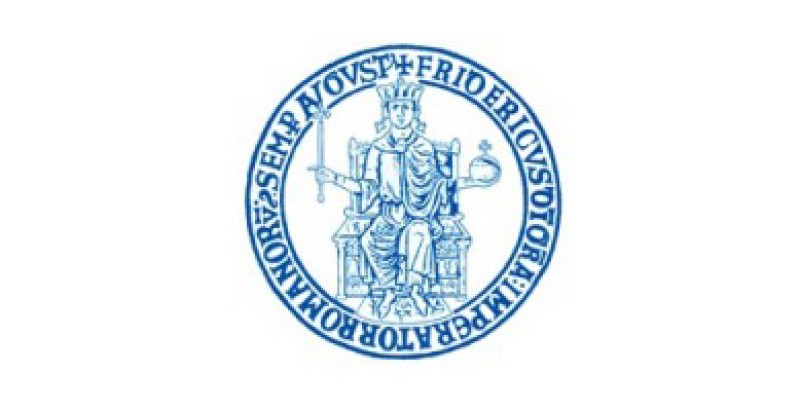Sub-theme 71: Hybrid Organizations, Tensions and Institutional Environments
Call for Papers
As an effect of globalization, market instability and environmental turbulence, organizations have been increasingly exposed to divergent pressures exerted by stakeholders that are motivated by diverse and often conflicting institutional logics (Almandoz, 2012; Pache & Santos, 2013). This situation characterizes a variety of fields, including healthcare, social enterprise, education and cultural industries (Besharov & Smith, 2014).
An important stream of research is currently exploring how divergent pressures and institutional logics can be incorporated within single organizations through the creation of hybrid forms, logics, practices or identities (Battilana & Lee, 2014). These hybrid organizations have proved to be efficient and innovative in dealing with divergent institutional logics (Battilana et al., 2014) and in gaining legitimacy and resources from diverse stakeholders (Pache & Santos, 2013; Vaccaro & Palazzo, 2014). Yet hybrid organizations are also exposed to internal (Battilana et al., 2014) and external (Tracey et al., 2011) tensions for power distribution and resource allocation (Ashforth & Reingen, 2014). Indeed, combining different logics in a single organization involves incorporating institutional demands, practices and structures that may not be easily integrated (Besharov, 2014; Ramus & Vaccaro, 2014).
Scholars have investigated how to embody different logics through structural, cultural and managerial arrangements (Santos et al., 2015) and how to interact with the external environment by crafting various logics combination (Pache & Santos, 2013; Tracey et al., 2011). Despite the merits of extant research on hybrid organizations, several research questions remain to be addressed. In particular, as argued by Battilana and Lee (2014), a critical issue hybrid organizations face is how they can manage, both internally and externally, the tensions generated by the coexistence of divergent logics, particularly during periods of environmental (Almandoz, 2012) and organizational change (Ashforth & Reingen, 2014). Indeed, in such situations, hybrid organizations cannot rely on "ready to wear" strategies to deal with divergent logics.
To expand our knowledge of hybrid organizations, we invite papers from a range of theoretical and methodological approaches that aim to "unpack" hybrid' functioning. Thus, questions of interest include but are not restricted to the following:
- Institutional environment and hybrid organizations: How and why do hybrid organizations emerge? How does the structure of an institutional field facilitate the emergence of hybrid organizations? How does a change in the characteristics of an institutional environment influence hybrid organizations? How do hybrids manage external pressures? And how do they react to jolts in the institutional environment?
- Hybrid organizations and legitimacy: How can hybrid organizations secure legitimacy with different institutional referents? Do hybrid organizations have a legitimacy advantage compared to non-hybrid organizations?
- Hybrid organizations and external stakeholders: How do hybrids deal with external stakeholders? Which conditions of interacting with different stakeholders enable hybrid organizations to improve performance and innovate?
- Hybrid organizations and internal arrangements: How are different institutional logics substantiated in organizational practices, structures and strategies? How do organizations manage the process of hybridization or de-hybridization? How do practices differ between hybrid organizations and non hybrid organizations?
- Hybrid organizations and internal stakeholders: How do tensions emerge within hybrid organizations? Under which conditions and with which mechanisms do internal tensions become purposeful stimuli for change? And under which conditions do tensions end up in intractable conflicts that hinder performances?
- The role of power in hybrid organizations. How power is intended and used by stakeholders motivated by different logics? How do perceptions of different logics affect the dynamics within a hybrid organization and between the organization and the external environment?
The convenors are grateful to Antonino Vaccaro (IESE Business School, Spain) for his contribution to the development of this Call for Papers.
References
- Almandoz, J. (2012): "Arriving at the Starting Line: The Impact of Community and Financial Logics on New Banking Ventures." Academy of Management Journal, 55 (6), 1381–1406.
- Ashforth, B.E., & Reingen, P.H. (2014): "Functions of Dysfunction: Managing the Dynamics of an Organizational Duality in a Natural Food Cooperative". Administrative Science Quarterly, 59 (3), 474–516.
- Battilana, J., & Lee, M. (2014): "Advancing Research on Hybrid Organizing – Insights from the Study of Social Enterprises." Academy of Management Annals, 8 (1) 397–441.
- Battilana, J., Sengul, M., Pache, A.C., & Model, J. (2014): "Harnessing Productive Tensions in Hybrid Organizations: The Case of Work Integration Social Enterprises." Academy of Management Journal, published online before print on November 11, 2014; DOI: 10.5465/amj.2013.0903.
- Besharov, M.L. (2014): "The Relational Ecology of Identification: How Organizational Identification Emerges When Individuals Holds Divergent Values." Academy of Management Journal, 57 (5), 1485–1512.
- Besharov, M.L., & Smith, W.K. (2014): "Multiple Institutional Logics in Organizations: Explaining Their Varied Nature and Implications." Academy of Management Review, 39 (3), 364–381.
- Pache, A.C., & Santos, F. (2013): "Inside the Hybrid Organization: Selective Coupling as a Response to Competing Institutional Logics." Academy of Management Journal, 56 (4), 972–1001.
- Ramus, T., & Vaccaro, A. (2014): "Stakeholders Matter: How Social Enterprises Address Mission Drift." Journal of Business Ethics, published online on 17 September 2014, DOI: 10.1007/s10551-014-2353-y
- Santos, F., Pache, A.M., & Birkholz, C. (2015): "Making Hybrids Work: Aligning Business Models and Organizational Design for Social Enterprises." California Management Review, 57 (3), 36–58.
- Tracey, P., Phillips, N., & Jarvis, O. (2011): "Bridging Institutional Entrepreneurship and the Creation of New Organizational Forms: A Multilevel Model." Organization Science, 22 (1), 60–80.
- Vaccaro, A., & Palazzo, G. (2014). "Values against Violence: Institutional Change in Societies Dominated by Organized Crime." Academy of Management Journal, 58 (4), 1075–1101.


